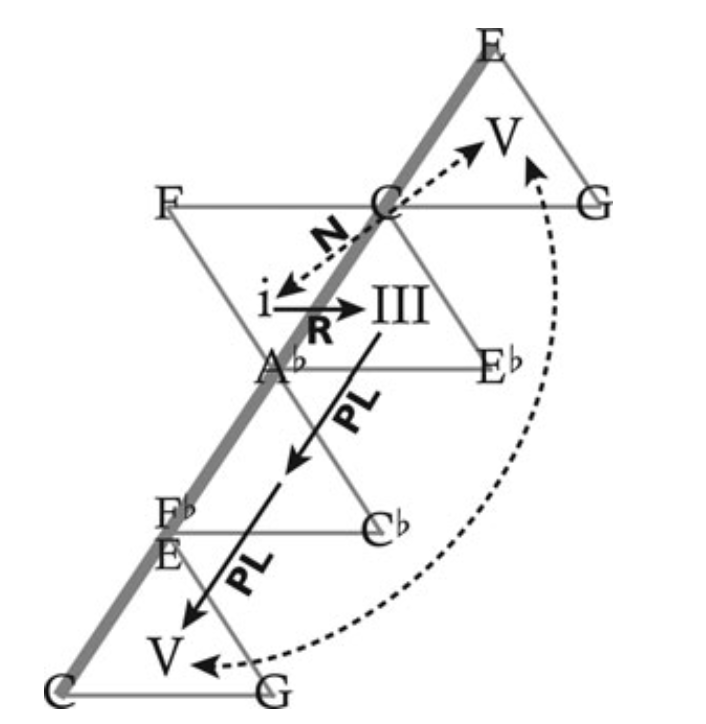That Sean Wilson video is a perfect demonstration of what I felt about thoroughbass. Seems to tell me these truths underlying the skill of an improviser remain between jazz or gospel and baroque. I think it indicates all musicians should attempt some of that even if they’re not a composer or not a performer, because it helps musicianship so much.
- 0 Posts
- 4 Comments
For me, chunking has worked tremendously, also working with a keyboard instrument (for me piano) and working on beginner continuo. I am not really any good at piano yet it’s sufficient for me to experience massive progress in my ear. The important other aspect was 1) playing everything in different positions to reinforce to the ear to hear inner voices or to know the voice leading of register shifts and 2) improvising between ear and instrument, maybe you try some curious stuff based on using different tones to prepare dissonances.
By chunking, I mean being able to summon common phrases from the language of a style. Someone could call a progression “I V6 vi7 V7/V V” but bam it’s just a modulating Prinner. This also comes to identifying sequences or common derivative procedures ie “If A is done, B will be likely.” In the style you want your ear to be better in, you want to be able to recognize those chunks so that your brain can access that entire chunk to reduce processing load. As much as raw ear ability with relative pitch and tertian chord labeling works, the ear of a musician also involves pattern recognition and a metaphorical databank of memorized reference material.

 1·1 year ago
1·1 year agoI think it’s a low quality answer because a language model can only sort of restate what seems correct. First off, fundamentals doesn’t last a full year, you can also introduce other concepts before all keys are perfected. Next, I think going a bit old school would save about 4 years of bad answers about seemingly alien devices in classical music. Thoroughbass tells the untold story from at least between Corelli and Brahms, and builds the skills needed to process everything else faster.
If you aren’t bound by making music into a winnable game like a 4 year university program, you can work at learning it from a solid foundation so that you don’t become overly concerned analyzing common practice works with roman numerals. I say to modify this process, learn from the Derek Remes voice leading compendium (cadences sequences and schemata), do some continuo and partimento, and bam you can put together much more important patterns than what the harmonic analysis alone enables. I feel as if doing it the 20th century way, it can take completely simple things and make them cruelly complex. Then if you’re focused on different styles of course your training plan would specialize differently. But I had to give my 2 cents about the common practice period because a world opened up to me and if I can do it as an adult, so can theory students.
Reger’s book is interesting because it doesn’t teach directly what it seems to be about (practical and musical ways to actually pull off these transitions) but it does teach principles of the fastest route and common tones to get your brain moving. Particularly C to B# major. You learn these 2 chord motions and how to daisy chain them.